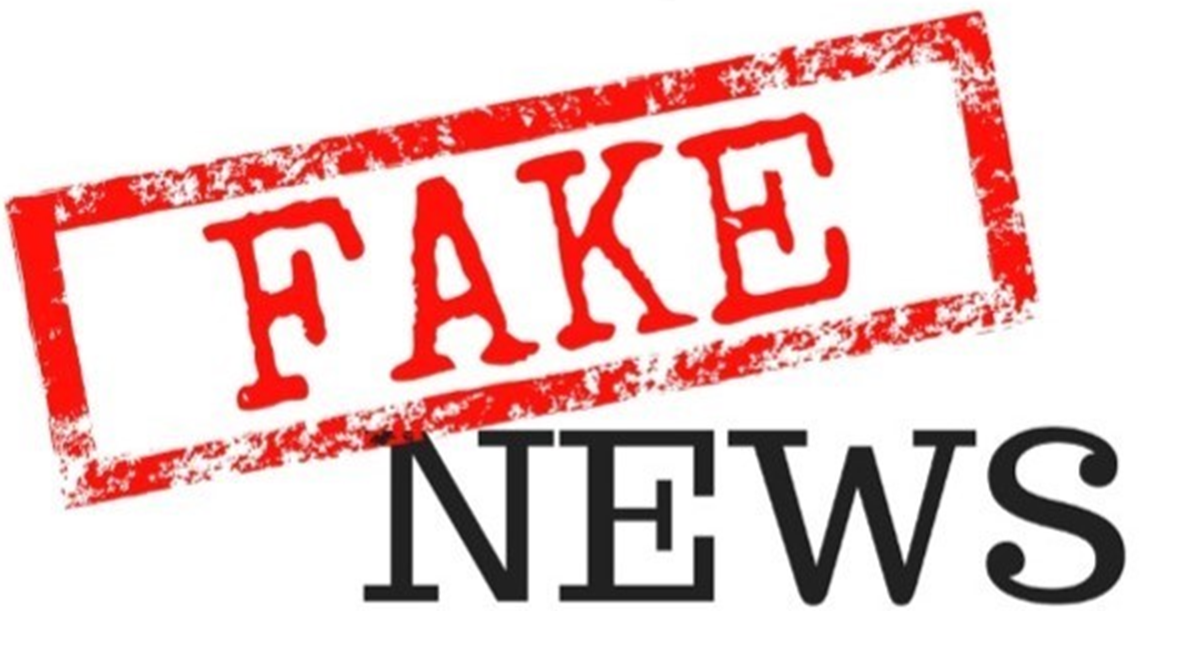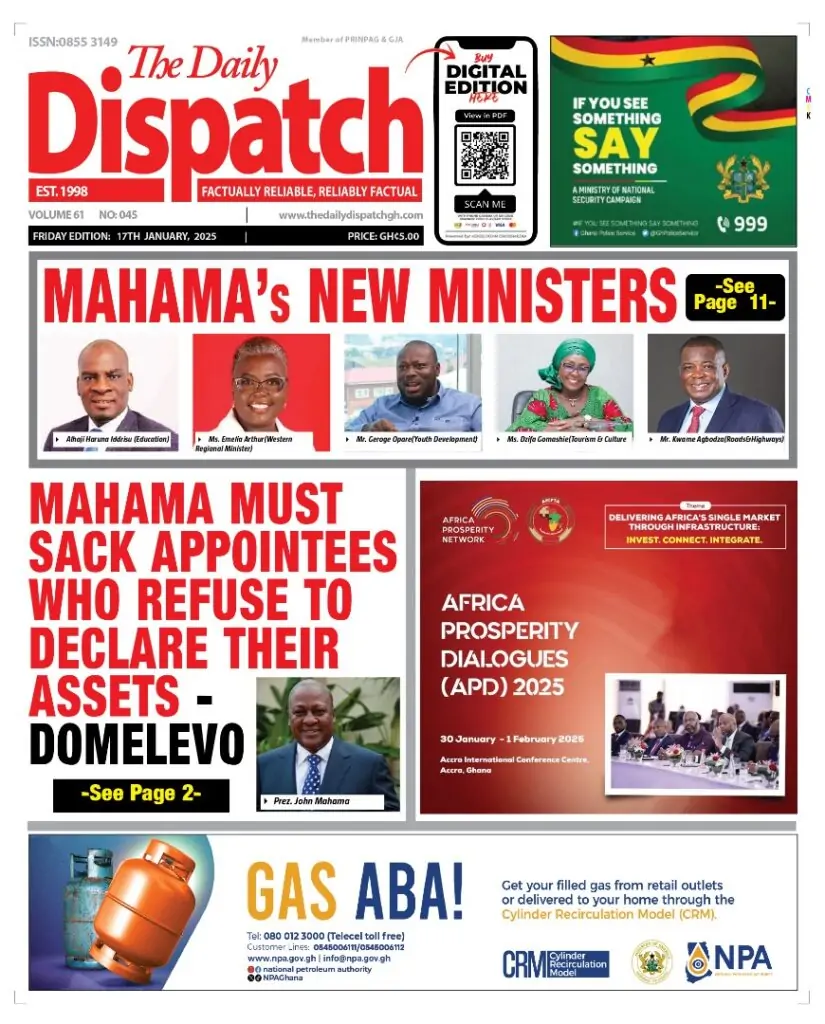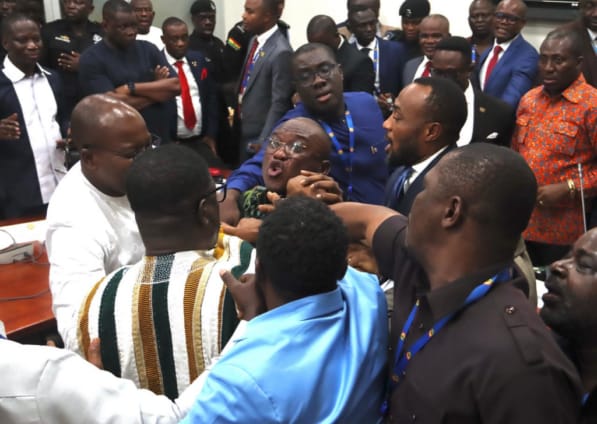
The power of Fake news cannot be underrated. It has the ability to make and unmake society.
Fake news involves the manipulation of pictures or videos to create a false narrative (Tandoc, Lim and Ling, 2017)
Hunt Allcott and Mathew Gentzkow (2017) are also of the view that fake news encapsulates news articles that are intentionally and verifiably false and could mislead readers.
But, I opine that fake news is any information that causes jeopardy in one’s community.
Fake news can be classified into three. Misinformation is the dissemination of false information but which the sender believes to be true.
Disinformation is another category of fake news that involves the deliberate sharing of false information.
Also, if someone places an issue out of its genuine context, it is termed as malinformation .
Evaluating this classification, the central theme that runs through is “false information”.
In today’s rapidly evolving world, fake news is on the rise. It is capable of influencing perceptions of issues, including matters of public interest which is why I define its power as a symbolic one.
People tend to believe every information they stumble on the Internet.
Apparently, its repercussions continue to escalate as false news proliferate. Assuming you find a content such as a job opportunity.
You may have been unemployed for a long time, therefore, in a haste to be employed so you do not even verify that information to check its genuinity. Now, you blindly accept it only to be abducted. What if no one comes to your rescue? This can possibly cost you your life.
This instance highlights the menace fake news can cause to individuals and the society as a whole.
During elections, people often spread misinformation due to their own interests.
It is moreover pertinent to ascertain the role of fake news and its impact on elections.
Ghana will soon elect a president and representatives of the legislature as it goes to the polls on December 7, 2024.
Ghana practises a multi -party system but it two political parties known as the New Patriotic Party (Party A) and the National Democratic Congress (Party B), have consistently dominated the political landscape.
Gearing towards the elections, if party A shares a false information about its opponent, that message is capable of causing harm to the membership of party B and the entire citizenry. The fake news has the tendency of shaping voters behaviour during voting. If people are misinformed, they do not get the necessary information to enable them seek clarity, making them undecisive.
In addition if party B spreads misinformation about party A, it can cause conflict, leading to violence, eroding peace.
Since the information is false, the accused would naturally seek vindication and if the parties involved fail to reach an agreement, conflict is likely to ensue. This can lead to consequences including loss of properties and lives in the pursuit of uncovering truth.
Fake news causes mistrust in election results. If you are exposed to a false information on the Internet that says the Electoral Commission has been bribed to tamper with the outcome of the elections, it can dissuade you from voting, however, being skeptical of the Commission.
The spread of misinformation also causes emotional distress. Finding a false piece on social media that says the ruling government is set to deploy the military to intimidate citizens during voting will inculcate fear in the citizenry.
The aged and the marginalized groups are likely not to cast their votes, which is a threat to democracy.
Another instance is when a false information is spread online about a particular presidential candidate giving out free data bundle to his supporters. This usually leads victims to their accounts being hacked.
The impact of fake news on elections is at the forefront of the globe, especially in West Africa. Consequently, to combat disinformation during election period, individuals and organizations need to fact check information. The source of the message is also crucial.
We are also implored to be media and information literates. With the prevalence of social media, it is of interest to critically analyze any content found on the Internet before disseminating.
Persons have motives for information shared. It is also recommended to verify the dates of such messages, consulting experts in relation to the content.
The media is a civil institution that has been established by the society. Fake news is spread through the media’s various channels.
For that reason, its obligation is to uphold truth and accuracy at all times. During elections, The media is charged in ensuring that any information disseminated is true. Condoning fake news will only contribute to credibility loss.
Other civil institutions such as religious organizations, non – governmental organizations, schools, etc should furthermore be proactive in the examination of fake news as the country approaches elections.
Writer : Francisca Nanaba Amoako
Email: Franciscananaaba634@gmail.com





